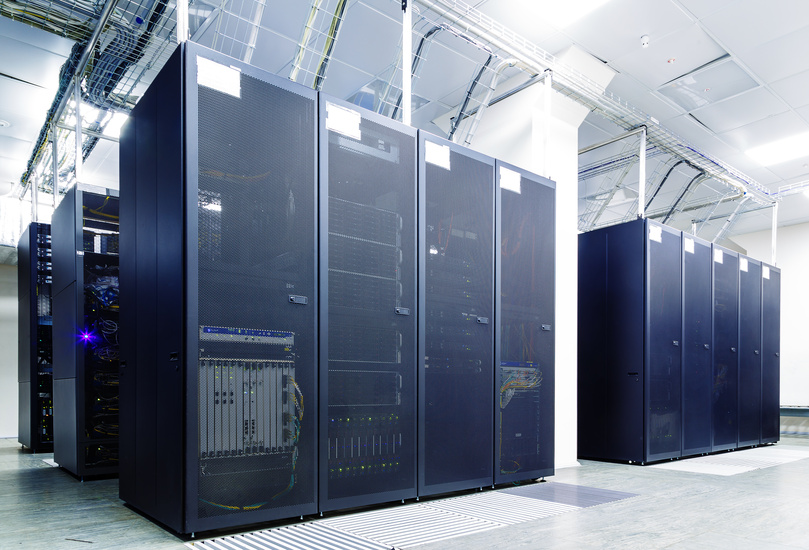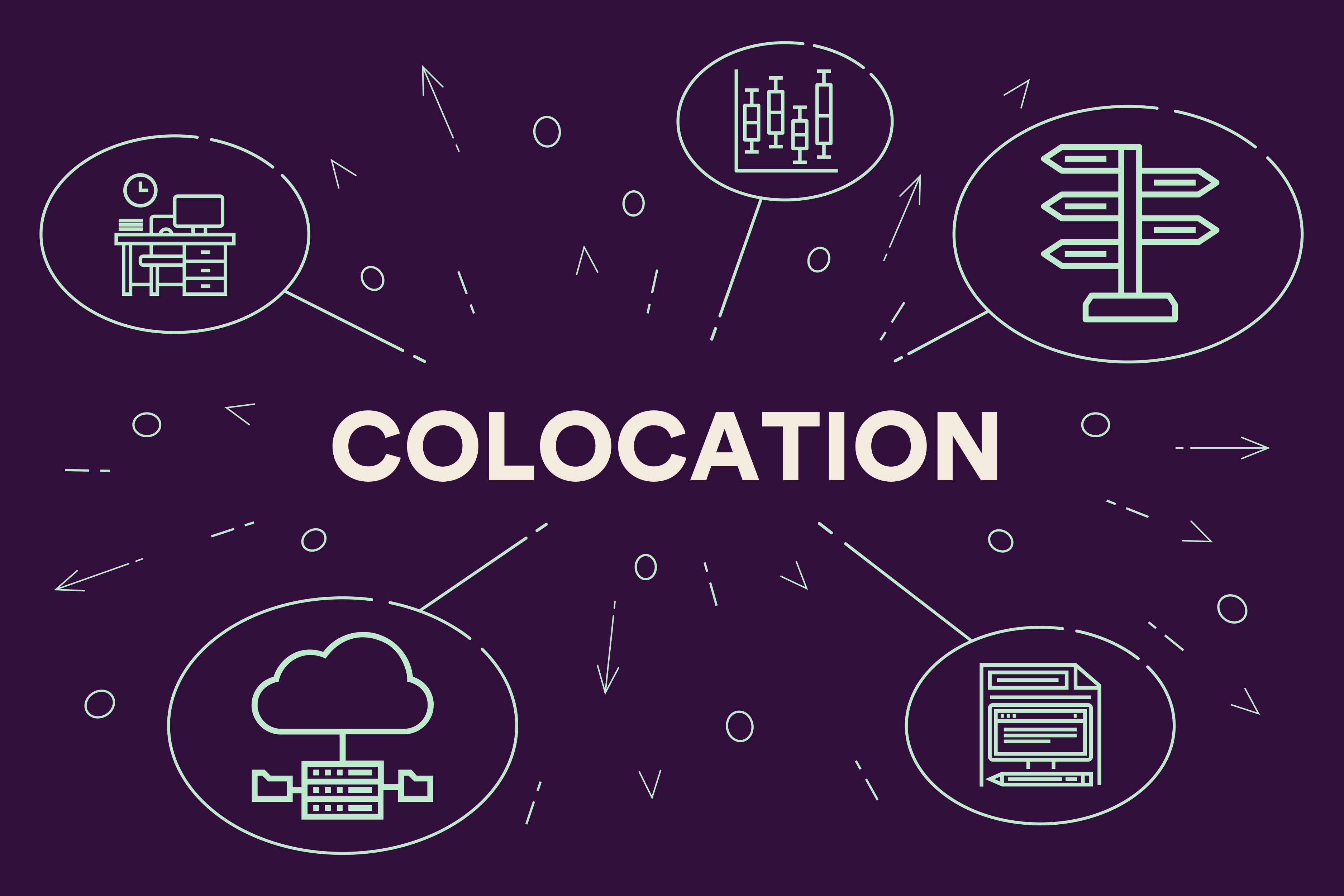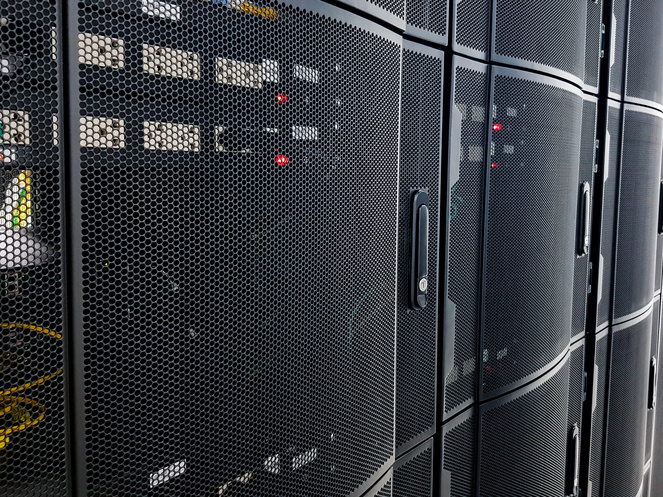If you’re a business owner, you likely understand the importance of a reliable IT infrastructure. But managing servers and hardware on-premises can be costly and time-consuming. That’s where colocation comes in – a smart alternative that enables you to rent space in a secure facility provided by a third-party data center. You can keep ownership…
Blog

The Importance of DDoS Protection for Los Angeles Colocation Services and Beyond
Strong DDoS protection has become more critical as businesses increasingly move their IT infrastructure to colocation facilities. DDoS (distributed denial of service) attacks can seriously impede the functioning of your company, resulting in monetary loss, harm to your reputation, and even legal liability. This blog post will discuss the importance of DDoS protection for Los…

Maximizing Your IT Budget: How Colocation Can Save Your Business Time and Money
Are you tired of constantly worrying about your on-premises data center costs? Do you find yourself constantly struggling to keep up with the latest technologies and the increasing demands of your IT infrastructure? If so, it might be time to seriously consider getting co-location services. In this blog post, we’ll explore how colocation can save…

Understanding the Different Types of Colocation Services Available in the Market
One of the things you have to understand as a business owner is that maintaining your IT infrastructure can be difficult and time-consuming. In order to outsource their needs for data centers, many businesses are turning to colocation services. However, not every colocation service is the same. Retail Colocation: The Perfect Solution for Small and Medium-Sized…

Real-life Examples of How Colocation Data Centers Saved Businesses Time and Money
As businesses grow, so does their need for data storage and processing. With the rise of cloud computing, colocation data centers have become a popular solution for companies looking to outsource their IT infrastructure. This post will explore real-world examples of how colocation data centers have helped businesses save time and money. Case Study 1:…

Exploring the Evolution of Data Centers in the Dallas-Fort Worth Area
Data centers have become an integral part of our daily lives, providing secure storage, data processing, and other services to businesses and individuals alike. But just how did these data centers come to be in the Dallas-Fort Worth Area? In this blog post, we’re diving into the history and evolution of data centers in the…

Uncovering the History of Colocation
Colocation, or “co-location hosting”, is a type of web hosting service that has become an increasingly popular way to host and manage data over the internet. But what exactly is colocation and how did it develop? Let’s take a look at the history of co-location services and explore how they have evolved throughout the years….

Exploring the Evolution of Data Centers in Los Angeles
Data centers are an important part of modern computing, and their history is eerily similar to that of Los Angeles. Most people associate data centers with large warehouses filled with computers where vital information is stored and managed. While this is not entirely correct, Los Angeles has been a data center hub since the 1950s….

Setting Up a Data Center with Colocation for your Businesses
Setting up a data center with Colocation Setting up a data center with Colocation can be the perfect solution for businesses or projects that need access to high-performance computing power without the cost and complexity of owning and managing their infrastructure. Colocation is a type of cloud hosting that allows customers to take advantage of…

The Role of a Colocation Data Center in Disaster Recovery and Business Continuity
A colocation data center plays a vital role in disaster recovery and business continuity for organizations of all sizes. These facilities, such as the ones LinkSecured has across the United States, provide a secure and reliable environment for storing and managing critical data and IT infrastructure, ensuring that businesses can access their resources and maintain…

